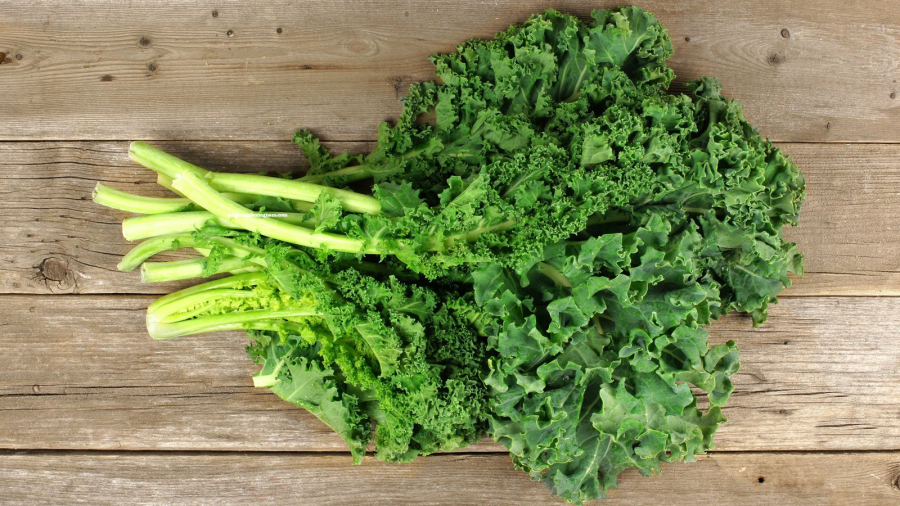Leeks
Leeks contain numerous vitamins that boost energy (the types found in eggs, milk, and leafy greens), calcium, and potassium. Notably, leeks are rich in folic acid, a B vitamin. Try adding leeks to salads, soups, or stir-fries to both fulfill your calcium needs and nourish your body.
Asparagus
According to nutritional experts, asparagus is a vegetable containing substantial amounts of calcium, potassium, vitamins A, C, E, and others. These nutrients protect joints and promote cartilage formation, safeguarding joints from damage. Additionally, asparagus aids in treating back pain and conditions related to spinal degeneration.

Asparagus is abundant in calcium, benefiting your body
Broccoli
This vegetable is a rich source of vitamins and minerals, notably calcium and vitamin K, two elements vital for strong bones and warding off osteoporosis.
Moreover, broccoli’s fiber, protein, chromium, carbohydrates, vitamin A, and C contribute to overall health and support weight loss. It also contains photochemicals, an antioxidant that combats diseases and infections.
Kale
Nutritional experts suggest that kale boasts high calcium content. While many immediately think of consuming milk, kale in fact contains more calcium than both milk and bone broth, and it has a higher absorption rate than dairy. Like lettuce, cabbage, and collard greens, kale is rich in vitamin K, a factor in producing osteocalcin, which deposits calcium into bones.

Kale surpasses eggs and dairy in calcium content
Lettuce
Lettuce is a rich source of calcium, which contributes to the development and maintenance of strong bones and teeth.
Therefore, ensure adequate daily calcium intake by incorporating various calcium-rich foods into your diet. Lettuce also contains ample vitamin A, B vitamins, and minerals that contribute to overall well-being, prevent aging, and promote heart health. Add lettuce to your daily menu without delay.
By incorporating a variety of these calcium-rich foods into your meals, you can easily meet your daily calcium requirements. Try adding leeks to salads or stir-fries, including asparagus and broccoli as side dishes, and using kale and lettuce as bases for salads or smoothies.
Calcium-rich foods offer a multitude of benefits beyond strong bones and teeth. For instance, broccoli’s high fiber and protein content support weight loss, while kale’s vitamin K content aids in calcium absorption. Lettuce is also packed with vitamins and minerals that promote overall health, prevent aging, and support heart health.
Dangers of Microwaving Certain Foods
Many of us rely on microwaves to quickly prepare meals or snacks, but caution must be taken as some foods can be dangerous to health when heated in this appliance. Breast milk, broccoli, defrosted fruit, and other items should not be placed in microwaves, so it’s important to educate oneself on which foods are safe for use in this appliance.




































